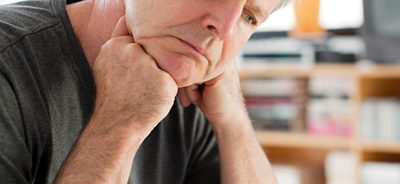What causes frequent urination in women?
Studies show that female incontinence is twice as common as male incontinence. Loss of bladder control is frustrating condition that can impact everything from healthy exercise to your social life, and many women feel embarrassed asking questions or seeking help. Here’s a quick discussion the types and causes of frequent urination in women—if you’re experiencing one or more of these symptoms, please use this article as a conversation starter with your doctor.rnrn rn
- rn t
- Stress Incontinence. Have you ever leaked a little bit when your abdominal muscles are engaged suddenly or repeatedly? This can happen when you laugh, cough, sneeze or exercise—and it can affect women of all ages. Stress incontinence is the most common form of female incontinence. Pregnancy, weight gain or injury can all contribute.
rn
rn rn
- rn t
- Urge Incontinence. Does the sound of running water send you running for the restroom? If you have urge incontinence, often called overactive bladder or OAB, you may feel a sudden, desperate need to urinate—and you may not make it to the restroom in time. This can result in leakage, even when your bladder isn’t full.
rn
rn rn
- rn t
- Overflow Incontinence occurs when you are unable to empty your bladder completely during urination. As storage space in the bladder decreases, you may experience an overflow, which can lead to leakage. Overflow incontinence is more common in men, but it can also affect women from time to time.
rn
rn rnrnUrinary incontinence in women CAN be treated. But until you and your doctor determine the right course of action for your loss of bladder control, protective female incontinence underwear can help ensure that you can face each day with confidence. Not sure which incontinence pads or garments are right for you? Take our interactive quiz now to find your perfect fit.














